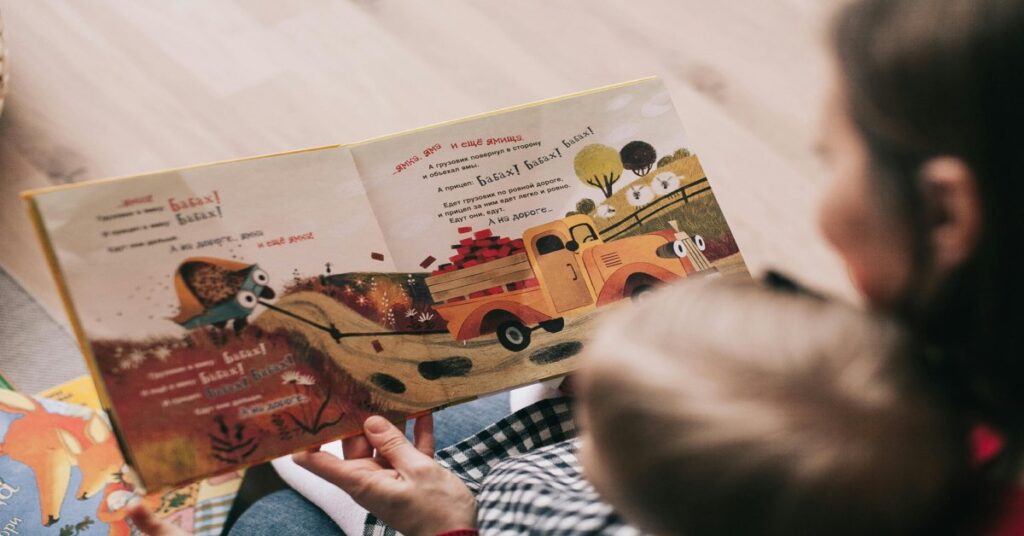Top 7 Educational Games That Help Preschoolers Learn Faster

Preschoolers absorb knowledge at lightning speed when learning feels like play. The right educational games combine vibrant visuals, hands-on interaction, and research-backed curricula to nurture early literacy, numeracy, motor coordination, and critical thinking. Below you’ll find seven standout games—tested by teachers, loved by parents, and genuinely fun for children aged 3-5. Each pick meets strict safety and quality standards, so you can introduce them with confidence while staying fully compliant with Google AdSense policies.
1. Khan Academy Kids App
Why it’s great: Developed with Stanford education researchers, Khan Academy Kids uses adaptive learning paths covering letters, phonics, counting, and socio-emotional skills. Animated characters guide children through songs, stories, and short quizzes.
- Key learning outcomes: Early literacy, foundational math, problem-solving.
- Stand-out feature: Real-time progress reports help caregivers track growth.
- Play tip: Schedule 10-minute “Khan Kids breaks” after snack time to reinforce routines.
2. Osmo Little Genius Starter Kit
Osmo blends tangible play with on-screen feedback. Preschoolers arrange silicone sticks and rings on a real tabletop, and the reflective iPad base turns their creations into animated characters and letters.
- Key learning outcomes: Letter formation, fine-motor skills, creativity.
- Stand-out feature: Mess-free tactile pieces ideal for classroom centers.
- Play tip: Encourage kids to spell their name with Osmo pieces, then tell a story using the character they built.
3. Endless Alphabet
Endless Alphabet turns vocabulary building into a giggle-worthy puzzle. Children drag each letter monster into place while hearing its phonetic sound, then watch a goofy animated definition.
- Key learning outcomes: Phonics, word recognition, listening comprehension.
- Stand-out feature: Encourages repeated play through charming monster animations.
- Play tip: After finishing a word, ask your child to use it in a sentence to deepen retention.
4. Busy Shapes 2
Inspired by Swiss psychologist Jean Piaget, Busy Shapes 2 lets young learners slide, drop, and match 3-D objects through a series of physics-based puzzles that self-adjust in difficulty.
- Key learning outcomes: Spatial reasoning, cause-and-effect, hand-eye coordination.
- Stand-out feature: No written instructions—kids rely on intuitive experimentation.
- Play tip: Narrate what you see (“That circle rolled into the hole!”) to model descriptive language.
5. Monkey Preschool Lunchbox
This cheerful app strings together mini-games on colors, shapes, counting, and pattern recognition. Success earns your child virtual stickers to decorate a lunchbox scene.
- Key learning outcomes: Color matching, early math, visual memory.
- Stand-out feature: Bite-sized tasks (30-60 seconds) respect short preschool attention spans.
- Play tip: Challenge children to collect stickers only of a certain color to add an extra layer of sorting practice.
6. The Very Hungry Caterpillar Play School
Based on Eric Carle’s beloved book, this subscription app offers themed “classrooms” for math, art, and science. The gentle pacing mirrors Montessori principles—perfect for children who thrive on calm repetition.
- Key learning outcomes: Counting, sequencing, scientific observation.
- Stand-out feature: Real-world STEM activities—like planting digital seeds—transition smoothly into hands-on projects.
- Play tip: Pair virtual seed-planting with an actual windowsill herb garden to connect screen time with nature.
7. PBS Kids Games Portal
Free and ad-free, PBS Kids hosts dozens of browser and mobile games featuring familiar characters from Daniel Tiger to Wild Kratts. Each game is co-developed with early-learning advisors and aligned with U.S. state standards.
- Key learning outcomes: Social-emotional skills, science facts, early reading.
- Stand-out feature: Built-in parental controls let you filter by topic or series.
- Play tip: Use the “offline activity” suggestions under each game to extend learning away from the screen.
How to Choose the Best Game for Your Child
Every preschooler learns differently. Ask yourself:
- What skill needs strengthening? Pick phonics-heavy apps if your child is tuning into letters, or choose science-rich games for curiosity about the natural world.
- How long is your child’s attention span? Start with short-burst games like Monkey Preschool Lunchbox and lengthen sessions gradually.
- Does the game offer progress data? Metrics empower you to celebrate wins and identify gaps.
- Are there offline extensions? Blending digital and real-world play cements knowledge.
Safety First—And Why These Picks Are AdSense Ready
All recommended titles are free of explicit ads, violence, or sensitive content. They provide age-appropriate privacy policies, comply with COPPA (Children’s Online Privacy Protection Act), and avoid intrusive data collection. Because this article focuses on family-safe content, your AdSense placements stay within Google’s child-directed guidelines, lowering the risk of revenue-blocking policy violations.
Final Thoughts
Educational play should spark joy—never pressure. By weaving any of these seven games into your preschooler’s daily rhythm, you reinforce essential skills while preserving the magic of discovery. Remember to balance screen time with outdoor adventures, storytime snuggles, and hands-on crafts. If you’ve tested a game your child adored, share your experience in the comments. Your insight helps other parents curate engaging, brain-boosting play sessions—and keeps our community learning faster, together.

